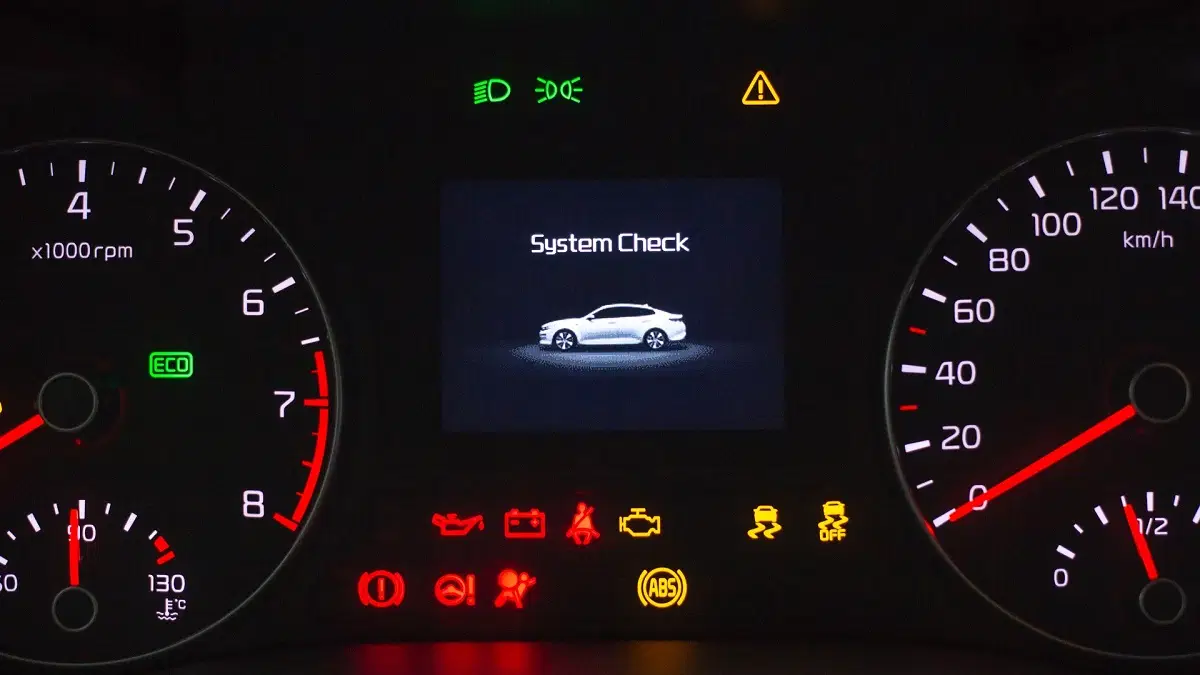
Table of Content
▼Every car owner wants to modify their car to improve its exterior appearance and get optimum driving performance. If you are similarly deciding to modify your car, you should know the car modification rules in India. This is because in 2019, the Supreme Court proposed certain legal guidelines that every car owner must follow while modifying their cars. If you want to know about such guidelines, keep reading this blog as it focuses on the legal and illegal car modifications which you must learn.

What are the Legal Car Modifications in India?
1. Upgrade car’s Tyres
Upgrading your car's tyres is legal as long as the new tyres meet the manufacturer's requirements. However, while upsizing your car’s tyres, you should install a tyre that has a similar or higher load index and speed rating compared to the stock tyres. In addition, if the new tyres feature larger section width, it is necessary to choose a tyre with a lower sidewall height. Additionally, you can install tyres of a distinct compound and type to your car.

2. Changing Car's Colour
You can repaint your car with the color of your preference. However, you need approval from the RTO or Regional Transport Office to make this color modification made to your car. Besides, the RC of your car should specify the colour changes made to it. However, strictly avoid repainting your car in Army Green. In India, this color is for military use only.
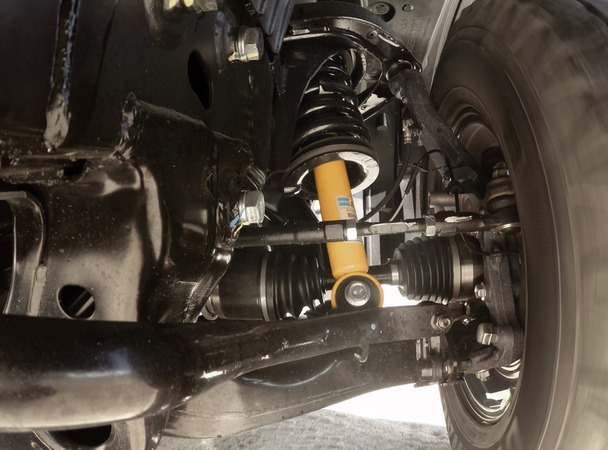
3. Upgrading Suspension
You can upgrade your car's suspension to improve driving performance. However, upgrading your car's suspension shouldn't hamper the ground clearance. Significantly increasing or decreasing ground clearance is not legally acceptable.
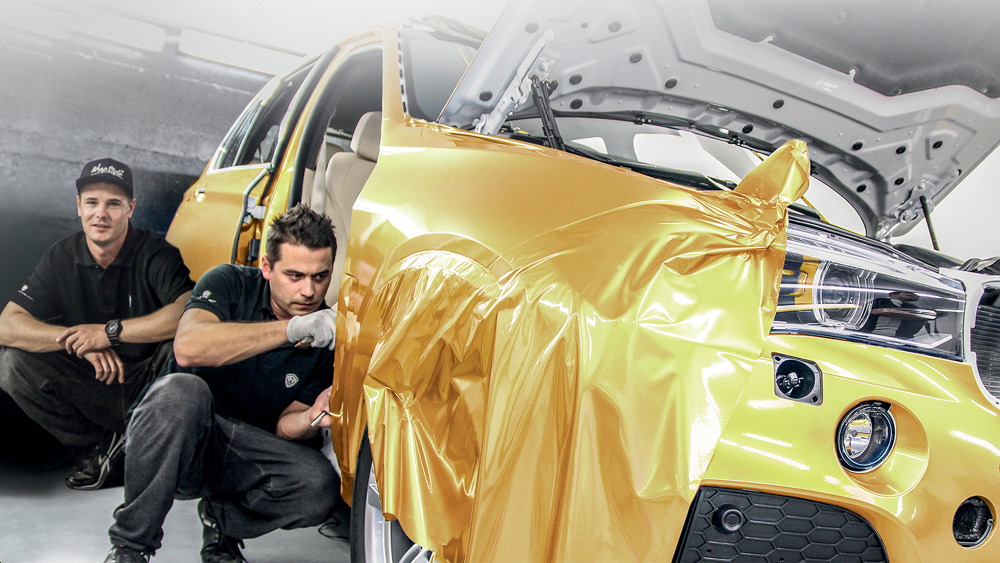
4. Body wrap
Body or vinyl wrapping helps to protect your car's factory paint. The cost of this modification roughly ranges between INR 10,000 to lakhs. Additionally, a proper body wrap can last over 5 years. Also, you do not need any pre- and post-approval from the RTO to get a vinyl wrap for your car.
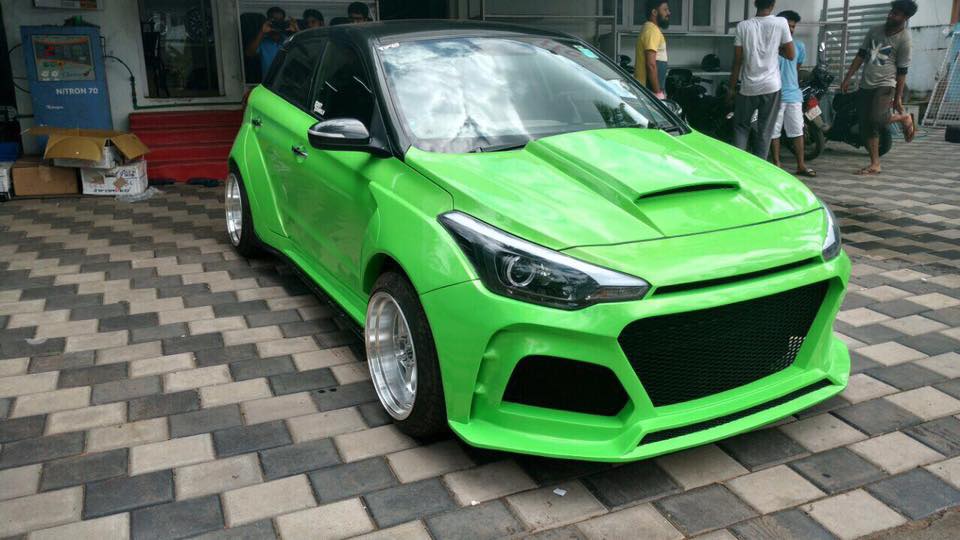
5. Car modifications with body kits
Body kits are nowadays becoming a trend among car enthusiasts. Therefore, several car manufacturers are also providing them as accessories. The body kits include cosmetic elements such as the front splitter, body cladding and side panels that help improve the a car's aesthetics and do not hamper its structural changes.
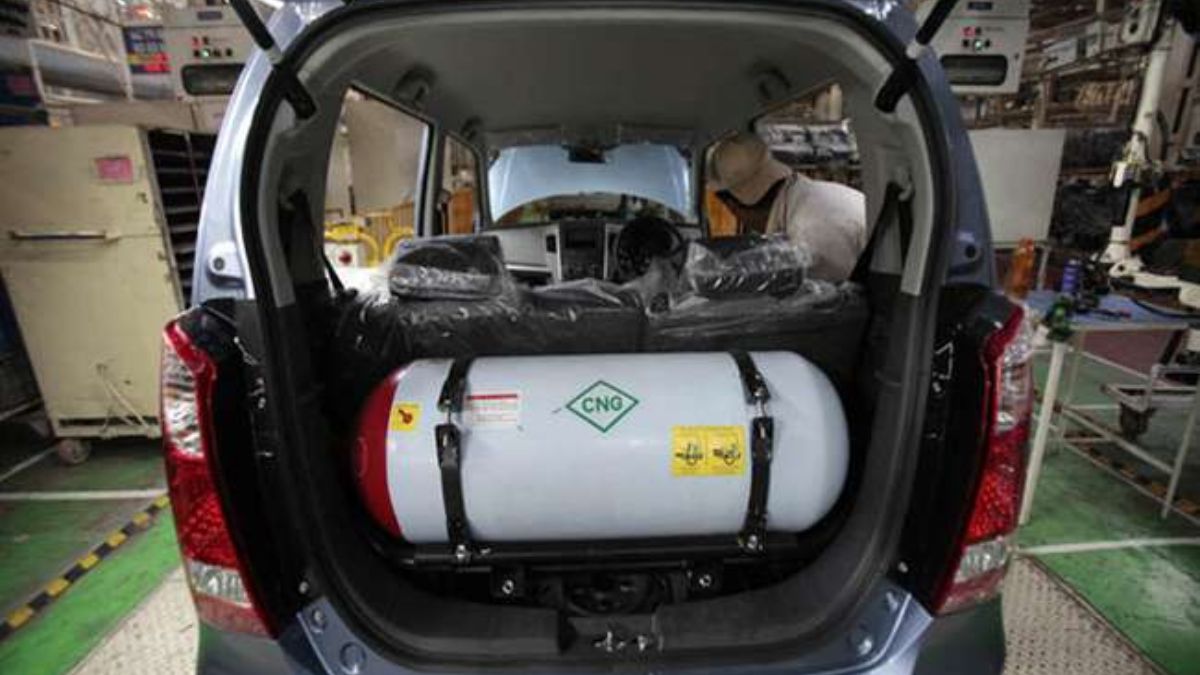
6. Installing Aftermarket CNG Kits
It is legal to install an aftermarket CNG kit on your vehicle. However, installation requires RTO registration after which you will receive an updated registration certificate for your car.

7. Installing LED DRLs
You can install LED DRL on your car. These DRLs are beneficial in weather like rain or dense fog and help make your vehicle visible to commuters.

8. Making changes for Differently-abled
It is legal to make changes like adapting mirrors, automatic clutch, brake, accelerator etc. in a car and making it suitable for a physically challenged individual is legal.
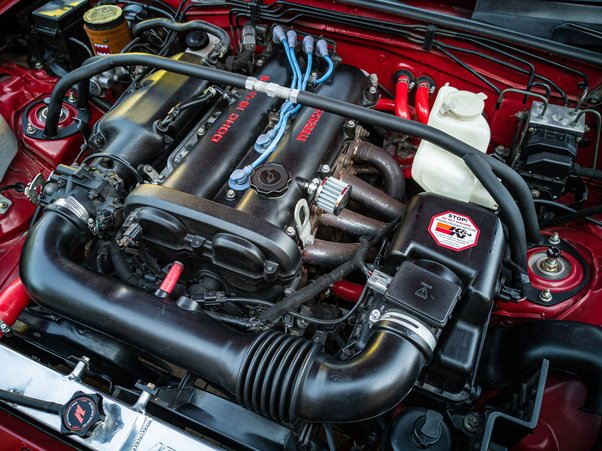
9. Engine modification within permissible limits
You can make changes to your car's engine. However, this modification requires approval from the RTO. Please note that not all changes are legal in India. For example, you can replace your car's current engine with a powerful one. Your vehicle's engine capacity should not exceed the manufacturer's specifications.
Also Read: Sembcorp partners Sojitz and Kyushu Electric to supply Japan with green ammonia produced in India
Karan Bhatia
Karan Bhatia is an automobile expert and reviewer with 8+ years of experience test-driving cars, bikes, and EVs. He provides honest, detailed, and practical reviews that highlight performance, design, safety, and value for money. His expert insights help readers make confident choices when buying their next vehicle.


_1771411501.webp)
_1770372474.webp)

